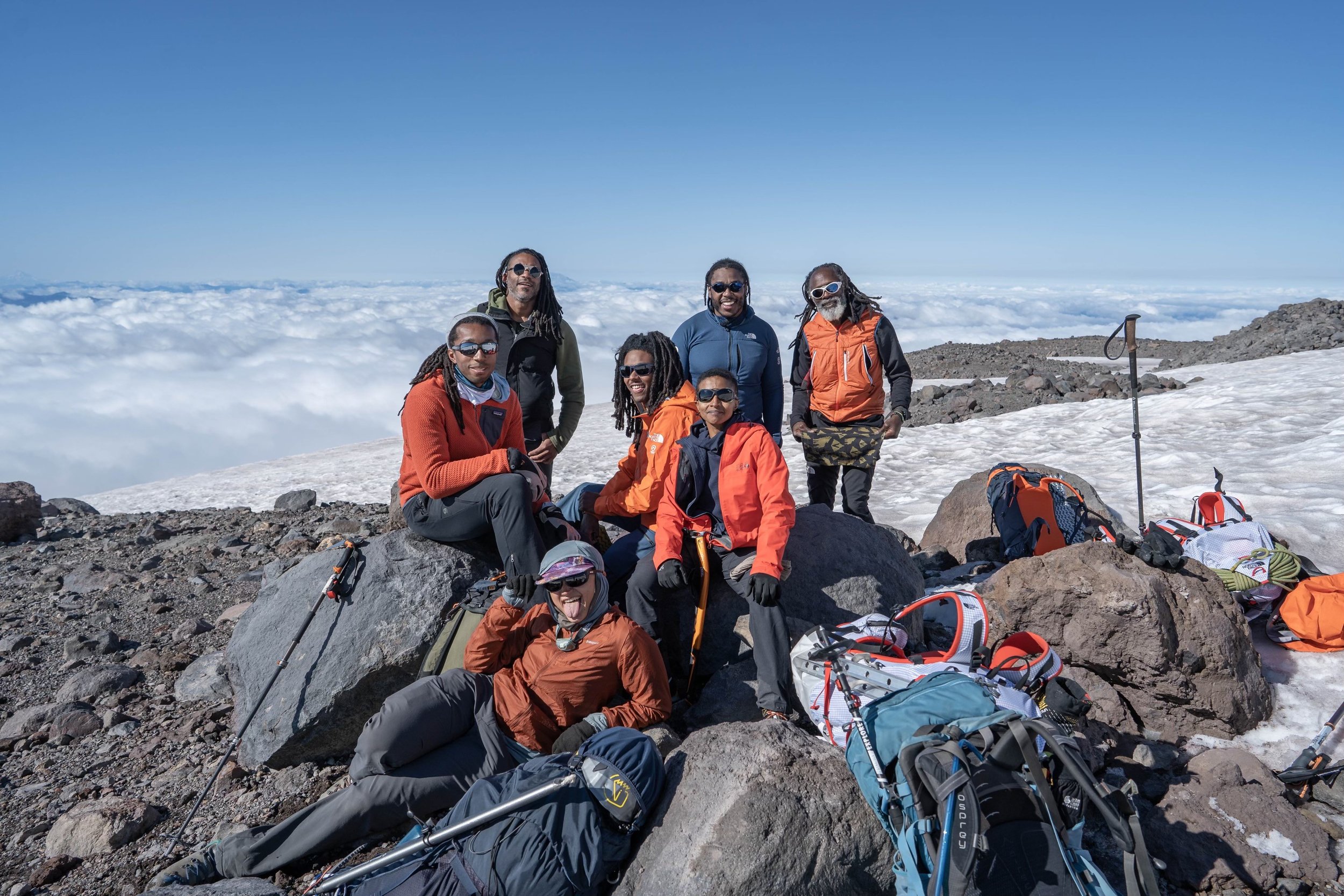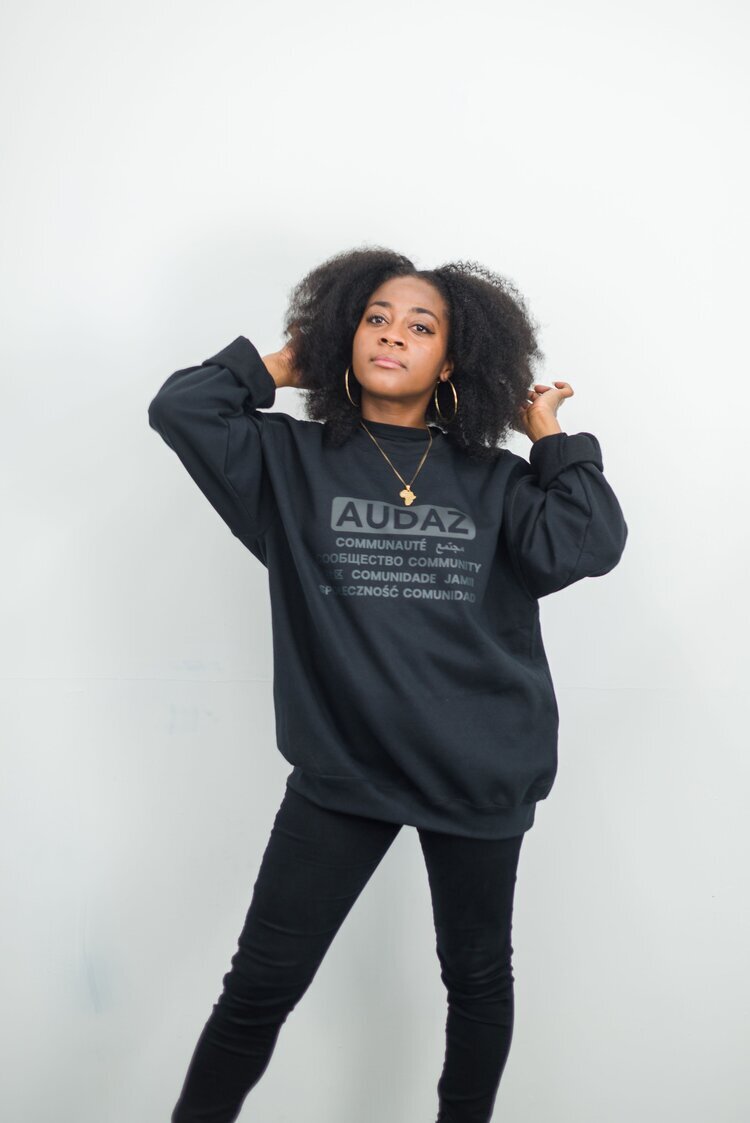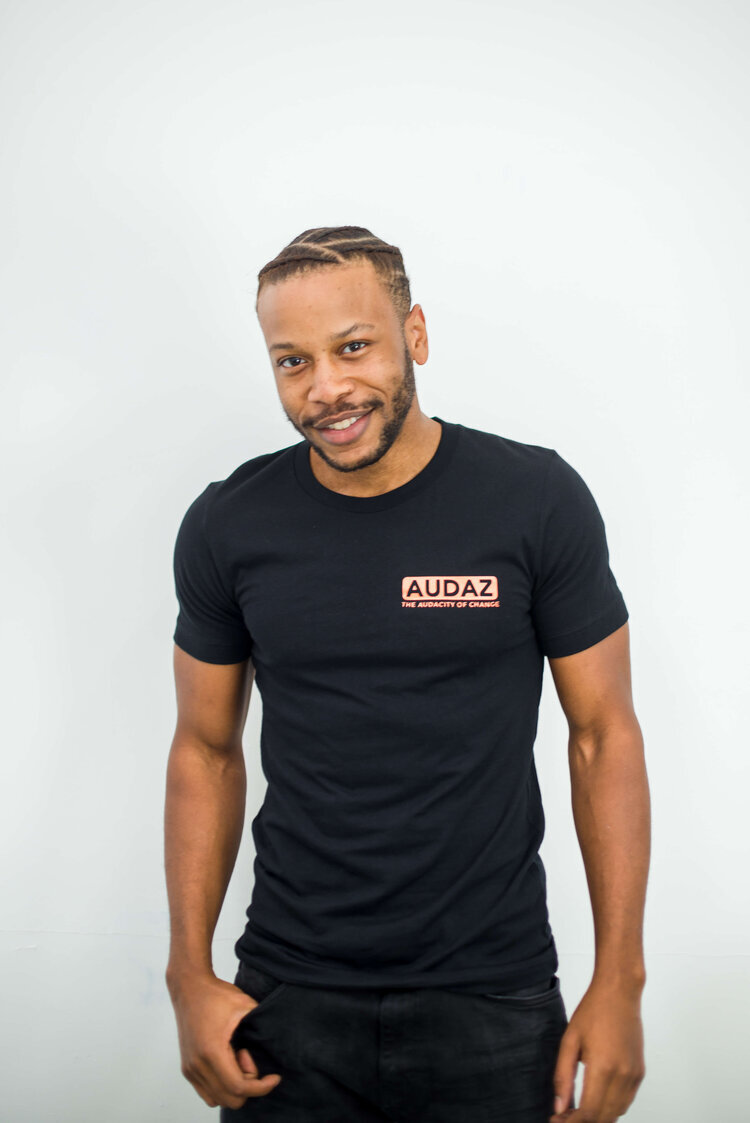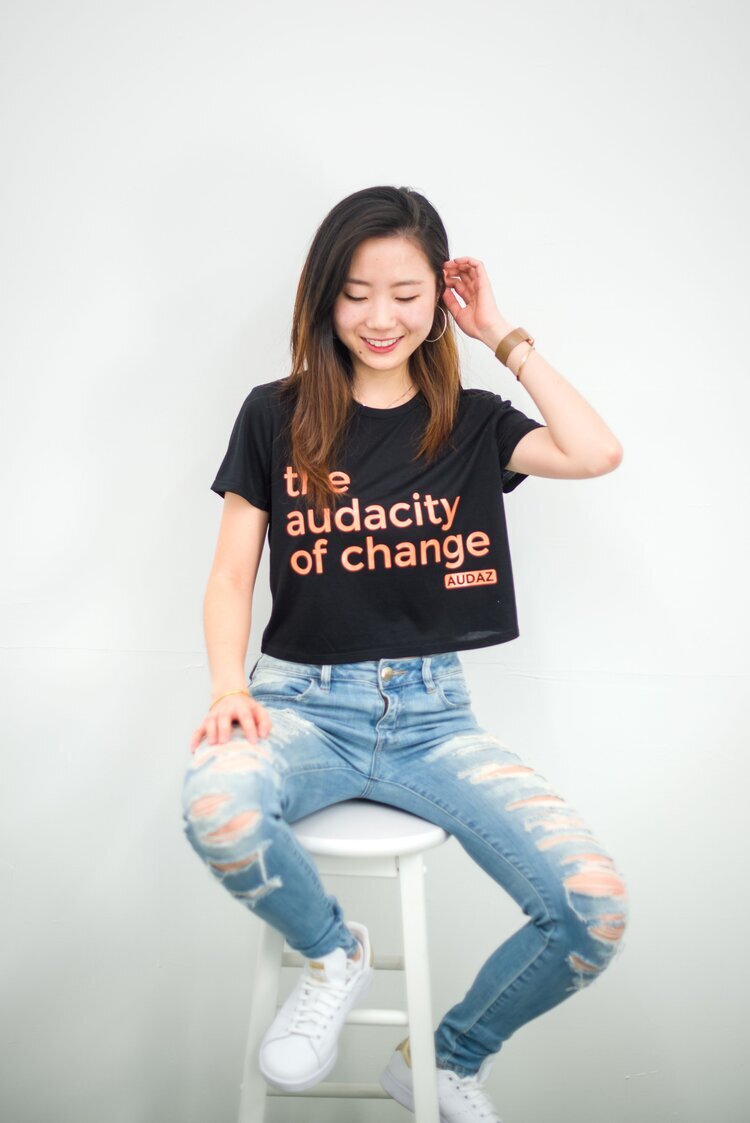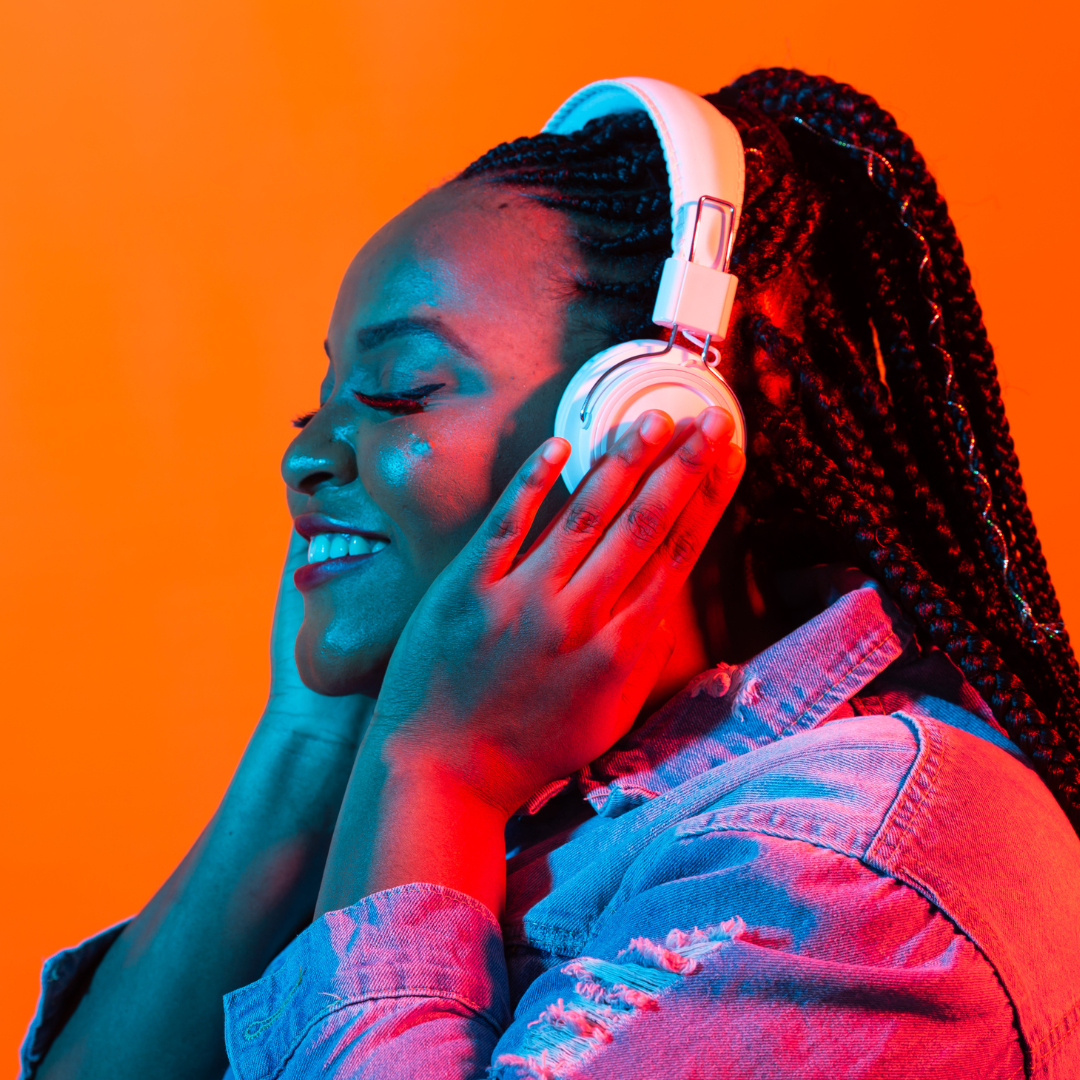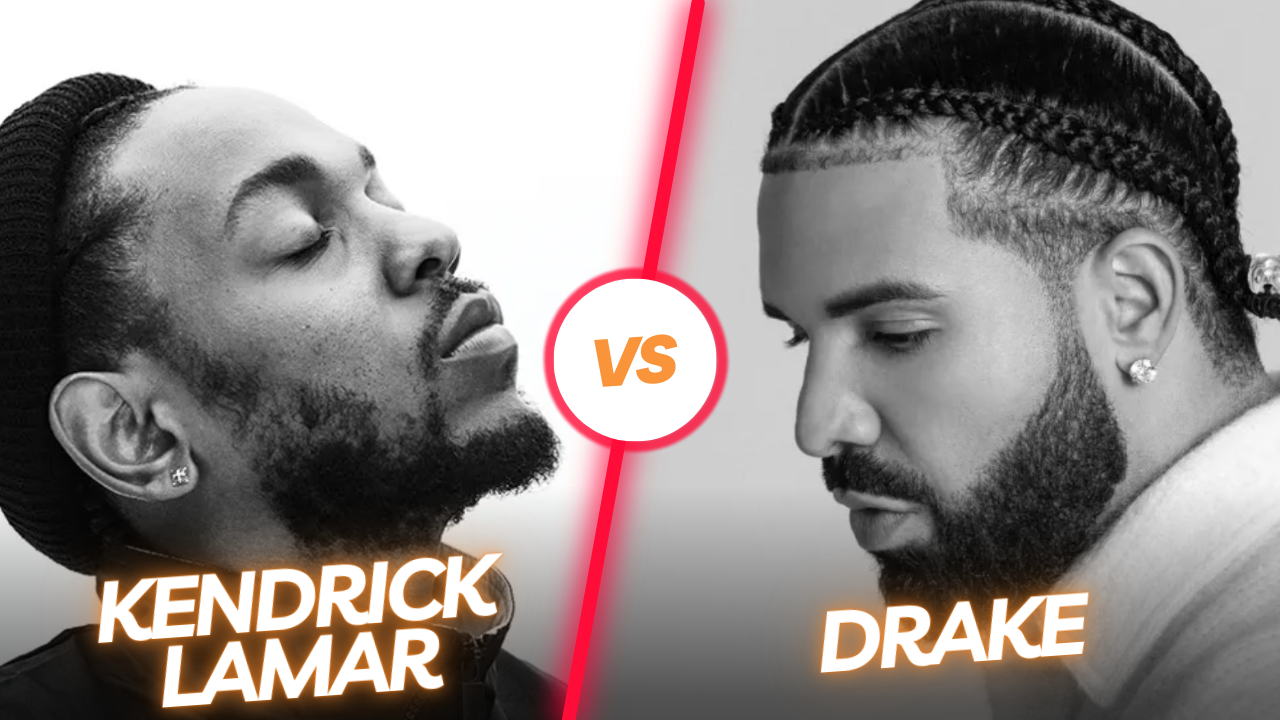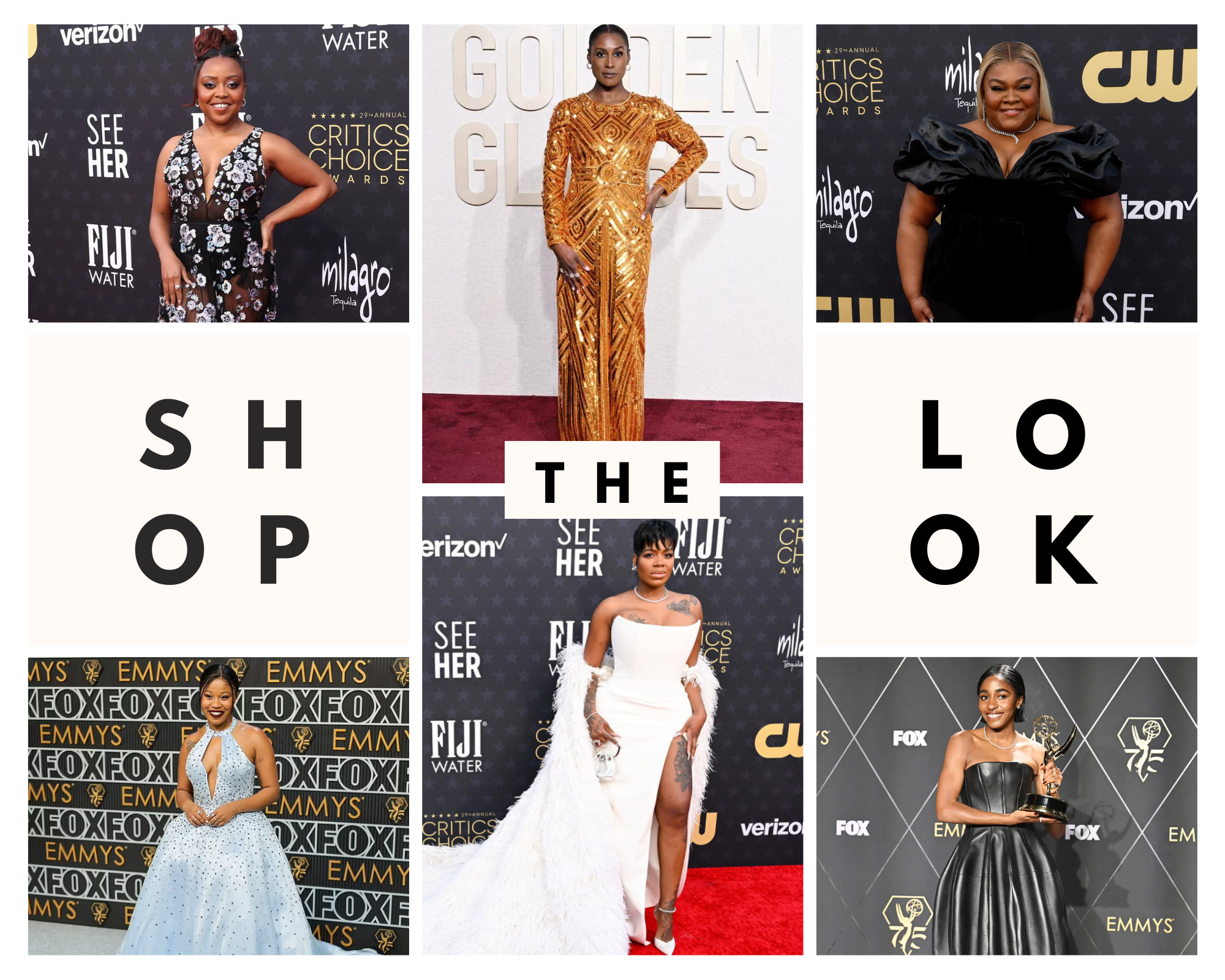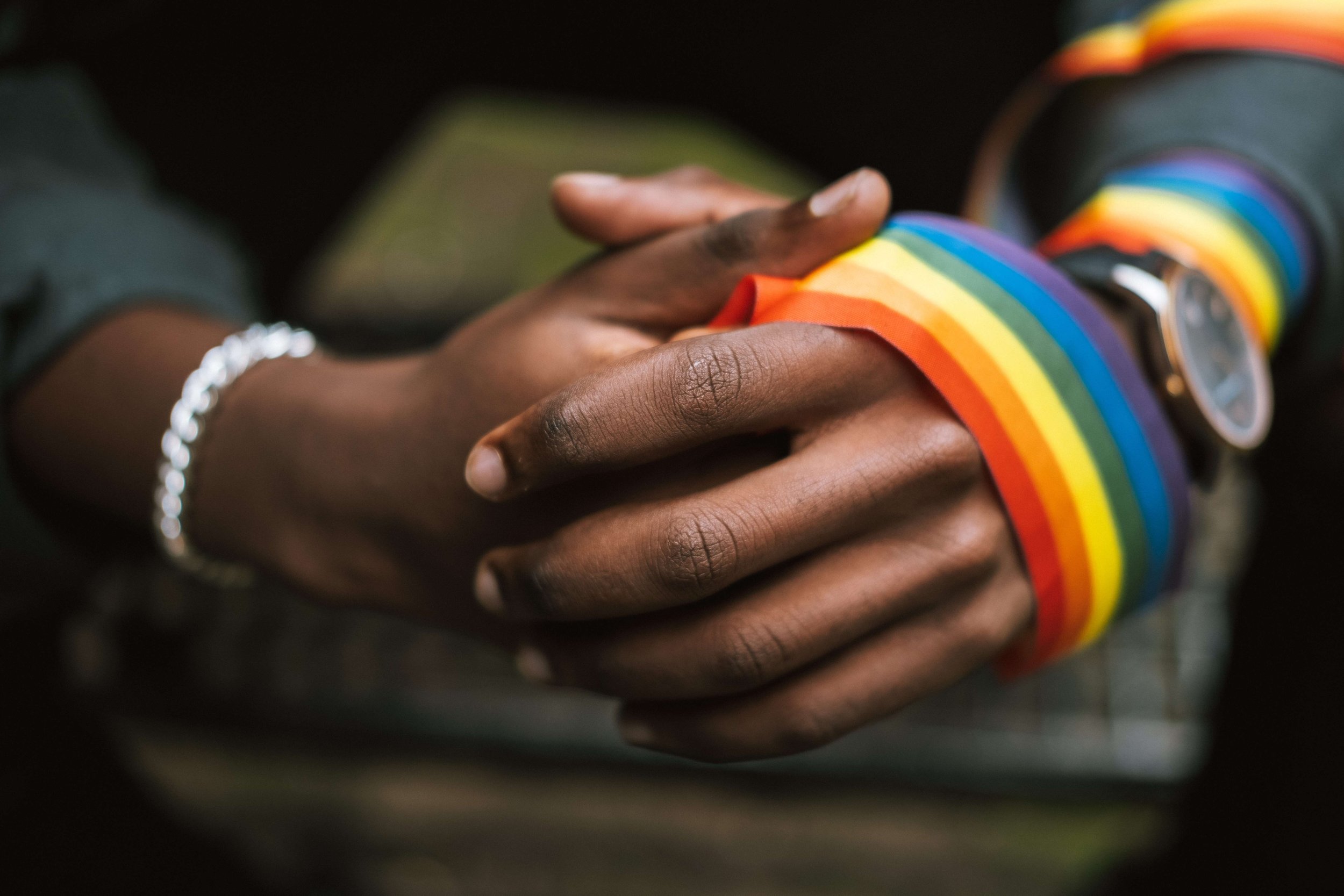First all-Black Mount Everest expedition makes history
Image: fullcircleeverest.com
Standing at a commanding 8,848.86 meters (29,031.70 feet), Mount Everest is the feat that all avid climbers dream about summiting. For years, mountaineers have attempted (some fatally), to reach the top of Earth’s highest mountain. Following in the footsteps of many before them, the all-Black Full Circle Everest team arrived in Nepal to begin their journey in January 2022, and made history as seven members of the team and eight Nepali guides reached the summit on 12 May.
The Full Circle Everest expedition was led by California-native Phil Henderson. Having successfully participated in several expeditions, including to Everest, Mount Kenya and Mount Kilimanjaro, Henderson has been fostering mentorship and providing opportunities for others in the climbing community for many years.
“There is representation of Black people in mountaineering, climbing and the overall outdoor industry, but our stories are not being told,” he explains.
Although Henderson did not climb to the summit, he directed the ascent from Base Camp paving the way for the following team members to the summit: James ‘KG’ Kagambi (Kenya); Manoah Ainuu (Montana); Rosemary Saal (Washington); Abby Dione (Florida); Desmond ‘Dom’ Mullins (New York); Eddie Taylor (Colorado); and Thomas Moore (Colorado). Team member, Fred Campbell (Washington) returned to the base before reaching the top.
Henderson and the Full Circle team focus not only on opening doors for climbers of color, but ensure to also build a culture of understanding and respect with the local Nepali Sherpa guides. Sherpas, who by many accounts have been scaling Everest long before foreigners ever did, are a Nepalese ethnic group that live on the borders of Nepal and Tibet, and are known for their skill in mountaineering. They have historically worked tirelessly alongside expeditions to Everest’s summit.
Perhaps the most famous and egregious example of the undervaluing of their contributions occurred in 1953 when Sir Edmund Hillary, often credited as the first person to summit Everest, was widely celebrated for his expedition. Rather than receiving the same reverence as his climbing companion, Tenzing Norgay, his Sherpa guide, was not added to the record books for decades. Unlike Hillary, he received no knighthood from Queen Elizabeth, and instead received the less prestigious George Medal.
Full Circle team member Abby Dione described one of their objectives to “decolonize” Everest climbs.
“Our goal here is to help folks aspire to have a profound and respectful relationship with the outdoors and feel not entitled to it, but welcome to it.”
With their incredible accomplishment, the Full Circle team brought the total number of Black climbers to summit Everest up from 10 to 17, out of several thousand who have previously attempted this climb. The team also recently shared the exciting news on their Instagram that their expedition will be immortalized in film with the release of an upcoming documentary chronicling their climb. It is their hope that the film “will inspire the next generation of outdoor enthusiasts, educators, leaders, and mountaineers of color to continue chasing their personal summits.”
Audaz may collect a share of sales or other compensation if purchases are made through links in this article.
SHOP THE CHANGEMAKER COLLECTION
